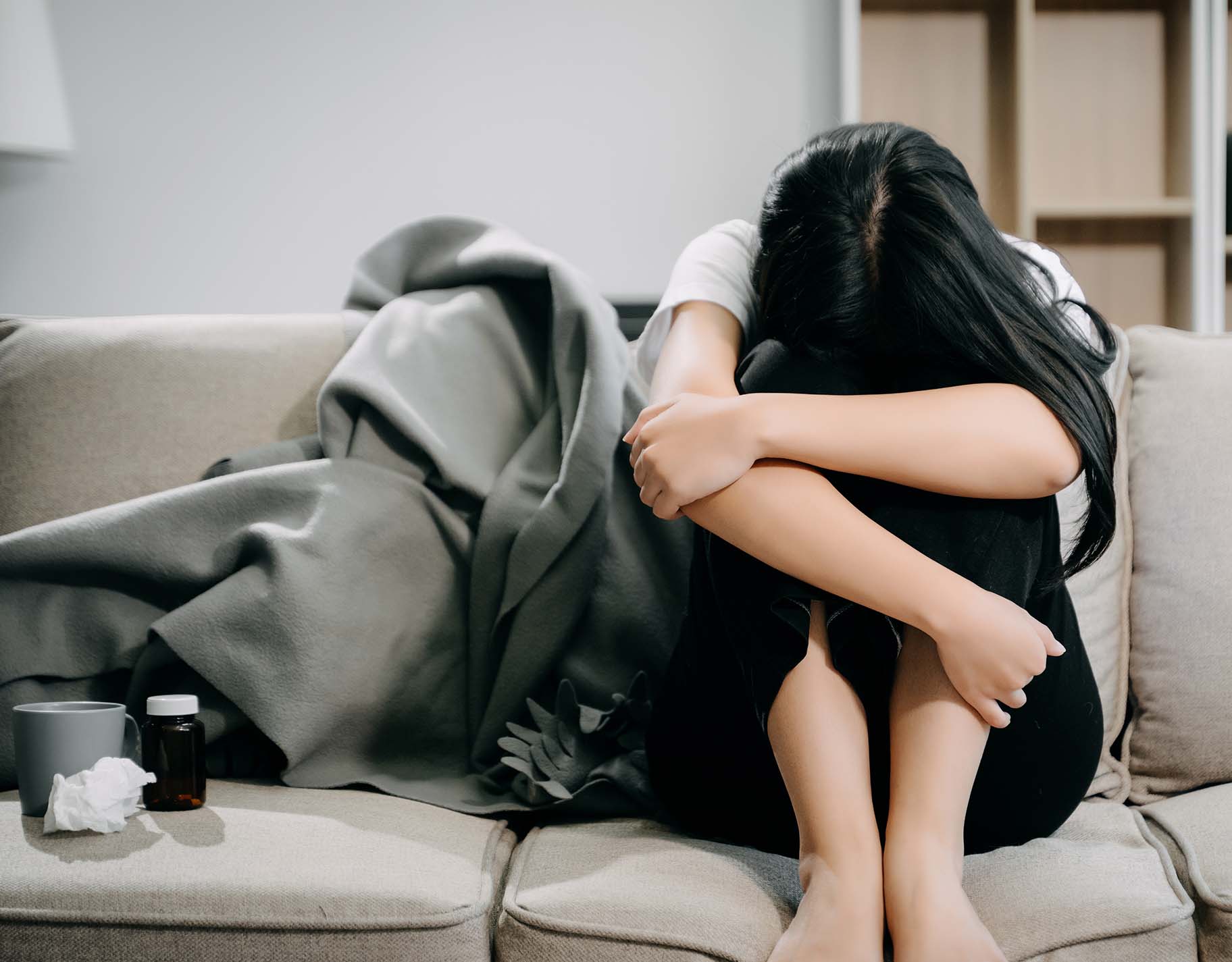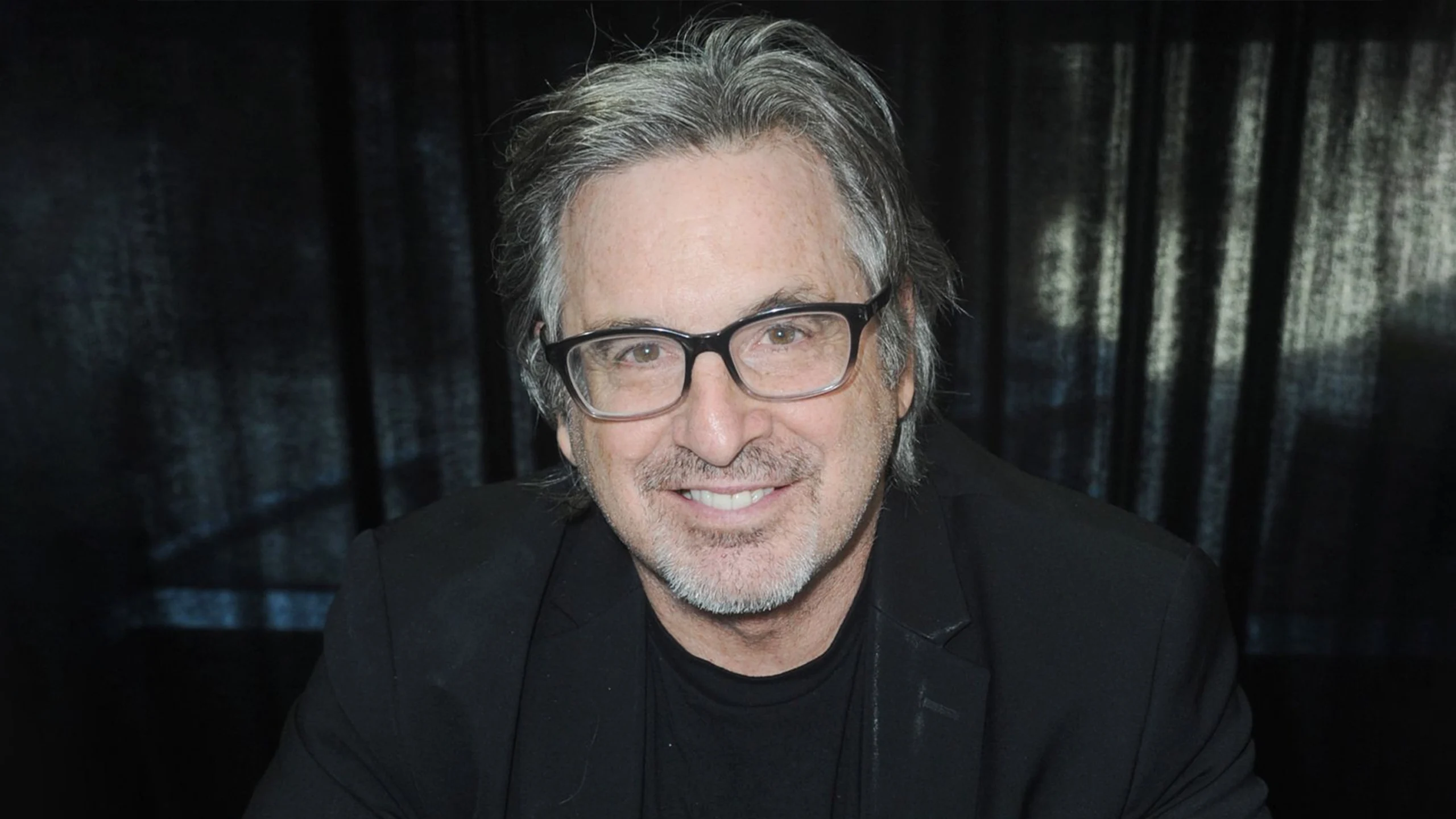Truths About Seeking Mental Health Help
It’s time we set the record straight once and for all; seeking help for mental health isn’t a bad thing!
When we were kids, we were raised with the idea that emotions did nothing to solve the problem. Any hint of it got us punished even harder, causing us to suppress our emotions instead. However, times are different now; people are more open with their feelings which can be distressing for some of us. The freedom to express one’s feelings can feel akin to airing out our dirty laundry which most Filipinos frown upon.
Considering we also have the Mental Health Law in place to help us get the help we need, here are some truths about seeking help for mental health.

Truth #1: You can get off the pills
Most of us, parents, are terrified by the idea of our kids taking pills for managing their emotions. To us, we feel it’s a lot more terrifying than taking antibiotics which have deadlier consequences when abused. One of those aforementioned consequences is called MRSA — a strain of bacteria immune to most medicines.
But the truth is, people can wean off their pills when they start seeing the results or have found a coping mechanism. The pills are then eventually removed from the equation when the coping mechanism works. It’s why some kids have both a psychologist and a psychiatrist: a psychiatrist gives them the medicine and a psychologist does the therapy.
Unfortunately, the myth of never getting off the pills may have come from the mental disorder, Schizophrenia. It has a genetic component, meaning there’s no way to completely get rid of it. Because of the hallucinations and mood swings, some of those who are afflicted take almost their whole lives to wean off their pills.
Truth #2: Your declining mental health is not a free pass to hurt others
While depression and anxiety can influence our decisions, they cannot soothe or comfort the pain we’ve caused others in our imbalanced state. Our minds may have not been completely there but it was still our faces that the people saw. It’s a part of us; it may not be the best part of us but it still is and therefore, our responsibility to deal with it.
Also, our friends and families are not therapists for free. To become a therapist, there’s a licensure.
Truth #3: Not every mental disorder manifests the same way
While psychologists and psychiatrists will follow the DSM-5 — a guide for all mental health disorders, some cases may look different. When that happens, they usually consider it to have a physiological cause like a tumor in the brain or the thyroid. These tumors, when they press against a certain nerve in the brain, can cause behavioral issues. If found on the thyroid, they can cause it to overproduce hormones which can cause a change in mood.
Truth #4: Some mental health issues can relapse
Similar to a flu or a fever, some mental health issues can return. It usually returns when a certain event follows the same pattern as one that was traumatizing to us or, the impact was just so great that our minds couldn’t cope with the stress. But if it does, that doesn’t mean we can’t get better. It just means we need another trip to our psychologist or psychiatrist (if medicines are involved) and come up with a better plan.
Truth #5: More than two mental health issues can co-exist within a person
Known also as comorbid, some mental health disorders can exist alongside others. Depression and anxiety can exist and have two completely separate triggers. So can Bipolar and Post-Traumatic Stress Disorder; most mental health issues can co-exist in one person especially if they’ve gone through a rough life.

If our kids run to us for mental health help, it doesn’t mean we’re bad parents.
It may be our first reaction to flip out when our kids say they’re depressed and anxious but that’s because we immediately think it’s our fault. But the truth is, it may not even be our fault. Kids can get depressed and anxious about school, especially if they just moved to a new school. Lifestyle changes are usually the ones that trigger mental health issues, especially if our kids feel like we just left them out of the loop.
More about mental health?
5 Reminders On Mental Health At Work
April Simpkins, Cheslie Kryst’s Mom, Preserves Her Daughter’s Memory as a Mental Health Advocate
Suicidal Ideation: Opening Up About Vulnerable Moments









